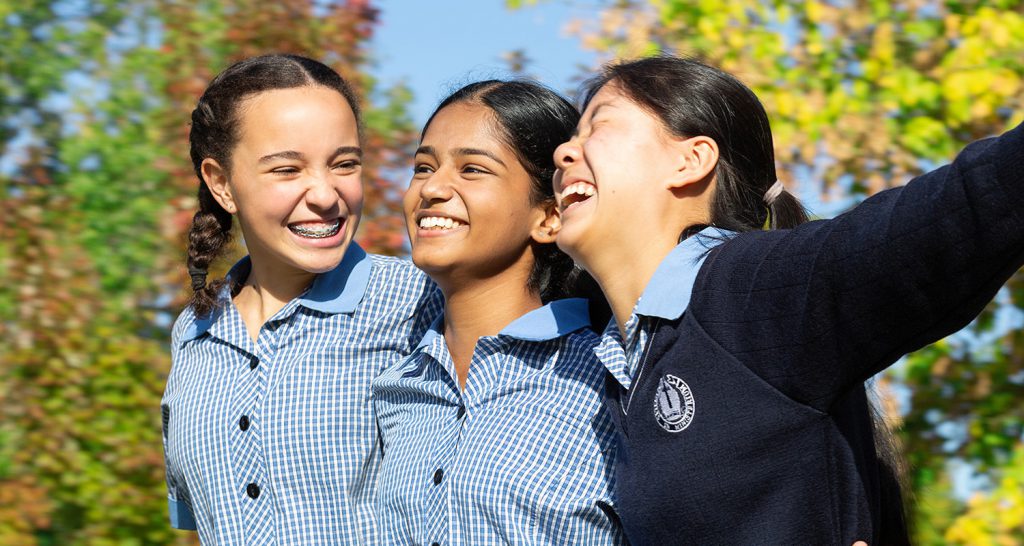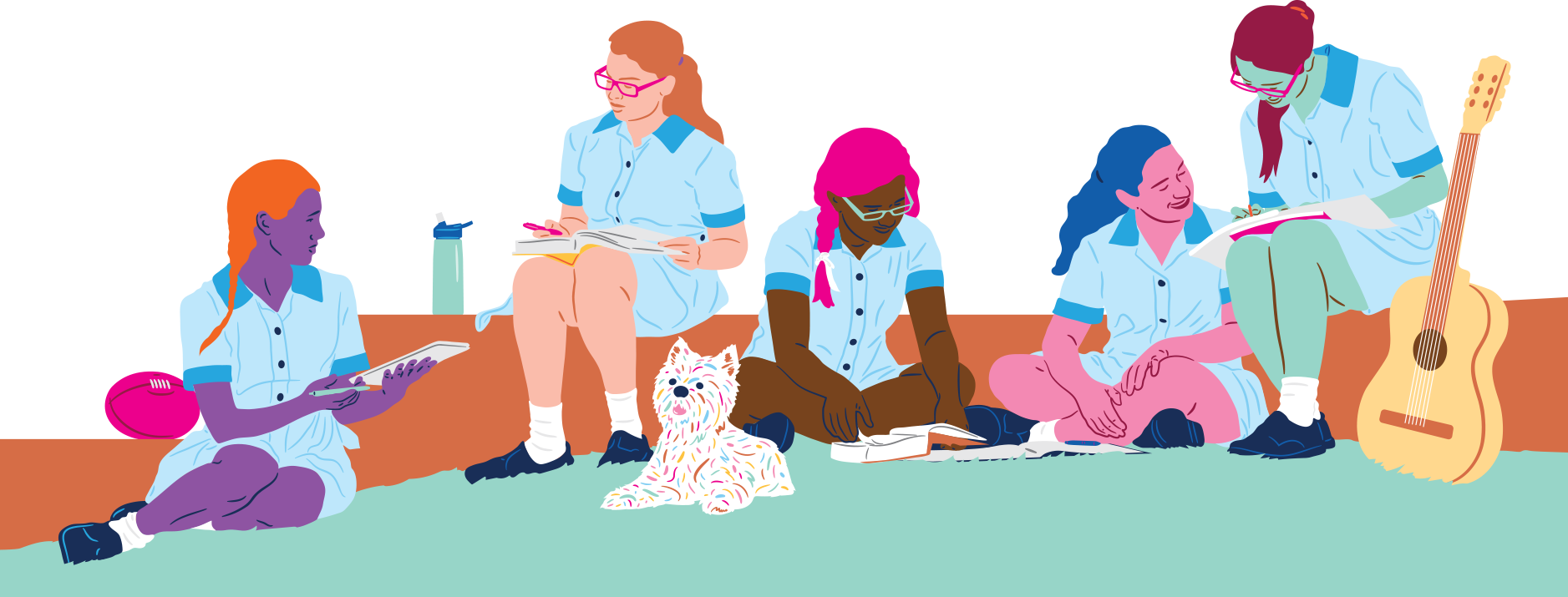
As you may be aware the Victorian Government delivered its budget for 2023-2024 on Tuesday. In this budget are several measures that are concerning for independent schools including the decision to impose several taxes including a substantial payroll tax on many non-Government schools.
This announcement came as complete surprise across the sector, and the taxes will be applied from July 2024. We are working closely with Independent Schools Victoria (ISV) to understand the implications for our school, however full details have not yet been released. I will update you further as they become available.
With best wishes,
Debbie Dunwoody
Principal
It would be safe to say that stress is common to all of us throughout our lives. At this time of the year when some of our students are completing assessments or undertaking exams, they can experience the feeling of stress. However, stress is not always bad.
Dr Jared Cooney-Horvath (PhD, MEd), from the Melbourne Graduate School of Education is an educational neuroscientist and has researched the benefits of good and bad stress and its impact on students in educational settings. He ascertains that stress can sometimes be beneficial for boosting learning and sustaining memory and knowledge, rather than it always being a detrimental presence in students’ lives.
The concept of stress needs to be seen in the context of feelings and emotions. Emotions are driven by internal chemicals and are the physical sensations which occur throughout the body in response to a particular moment or event. Feelings, on the other hand, are driven by subjective perception and are the psychological interpretation of bodily sensations. Seen this way, stress is a feeling, not an emotion, resulting from the complex interplay between brain structures, neurochemicals and the meaning we give to our understanding of stressful events.
The part of the brain through which information passes to create memories is called the hippocampus and it plays an important role in the brain’s response to stress. During stressful episodes neurons (nerve cells) are damaged, but during short-term stress (seconds, minutes, hours), these neurons are repaired, making them stronger than before. This bolsters memory pathways to form deep, long-lasting memories. However, during long-term stress (days, weeks, months) they are not repaired, damaging the memory pathways which can prevent the formation of deep and durable memories.
This has significant relevance for student stress in schools. Dr Cooney-Horvath concludes that while prolonged high stress is detrimental to the long-term retention of memory, moderate stress can be good.
Each time new skills are to be learned or unpredicted activities present themselves, moderate stress is experienced, which leads to the growth of neurons within the hippocampus. However, it is important for students to learn how to balance the stress which comes with encountering new concepts and activities to prevent longer term stress and damage.
When considering longer term stress, students may find it difficult to focus their thinking and this can impair their working memory. To support students through these times, it is helpful to encourage them to breathe deeply, meditate or undertake exercise to release muscle tension. These techniques prevent the surge of hormones such as cortisol which can cut off communication between the prefrontal cortex (the part of the brain that serves our highest-order cognitive or thinking abilities) and the rest of the brain.
While stress is part of every person’s makeup, physical and social interventions such as deep breathing, meditation and exercise are effective ways of dealing with stress reduction for young people. It is important that if young people are experiencing longer or more intense bouts of stress then they should speak to a teacher, coordinator or counsellor, or seek advice from an external health professional.
It is important to understand the difference between good stress and bad stress and the simple techniques that help to manage it.
With best wishes,
Debbie Dunwoody
Principal
“We acknowledge and pay respect to the Wurundjeri people as the traditional custodians of the land on which the school is situated.”
Secondary School / Administration
2 Torrington Street, Canterbury
Victoria 3126 Australia
T +61 3 9813 1166
F +61 3 9882 9248
camgram@cggs.vic.edu.au
Junior School / Ormiston

